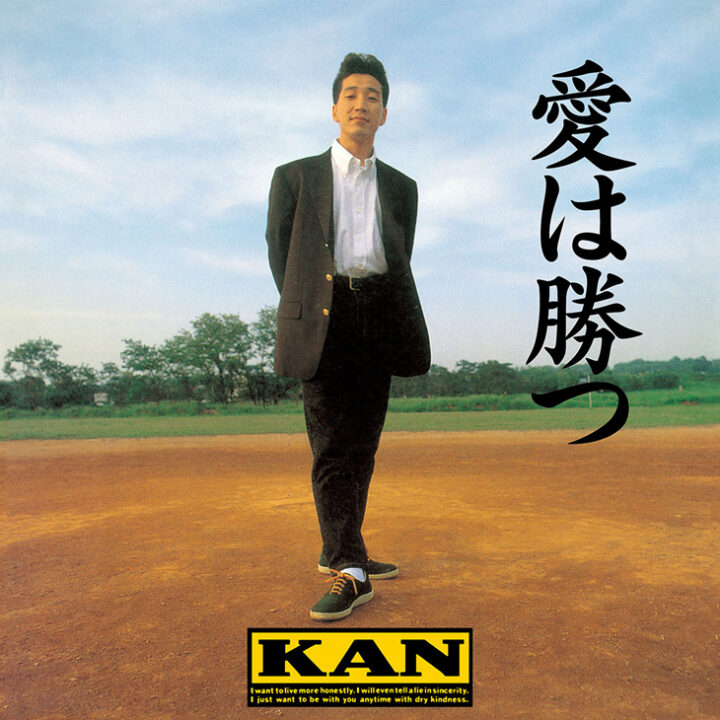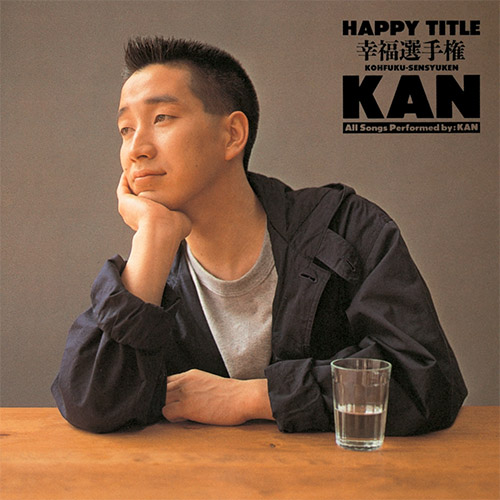Yesterday, it was announced that this man—one of my favorite songwriters—has passed away.
I had been working on this interview about his most well-known single, “Ai wa Katsu,” and my intention had been to post it today. I’m going to go ahead and publish the interview as scheduled, but please allow me first to express a couple of thoughts.
I just want to say that I absolutely adored this guy. Everything about him. I loved his voice. I loved his singing. I loved his piano playing. I loved his sense of humor; how he had seemingly dedicated his entire adult life to never ever being serious when he spoke. Even his lyrics were silly and comical more often than not. Humor was his life philosophy, and deservedly so. After all, what point is there to life if you can’t even have a wink and a laugh about it?
Most of all, however, I loved his sense of melody.
We all have our “sweet spots” when it comes to music, and for me the things he did as a songwriter often hit those sweet spots exactly on the mark. Anyone could tell he was a real musician’s musician, always wearing his influences—Beatles, Billy, Stevie, et al—on his sleeve. I’m going to miss this guy so much, and I’m going to continue singing praises of his work forever.
I wish I had something more meaningful to say. I feel like there has to be a better set of words I could string together to express how I feel about him. But this is the best I can do for now.
I love you, KAN. Thank you for the music. ❤️
Is KAN‘s 1990 hit single “Ai wa Katsu” your favorite goddamn song of all time? If so, you’ve come to the right place. Here, you see, is an entire 5000-word interview dedicated to that very tune.
This interview was originally published in the 1992 book Boketsu Bari Hori.
Text: Morita Kyoko
English translation: Henkka
KAN links: Website, Twitter, YouTube
Note: You can buy KAN’s physical releases on CDJapan.

Continue reading →


